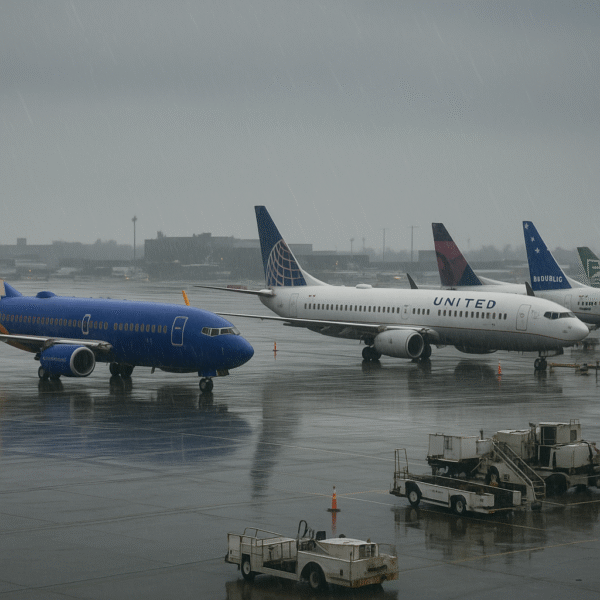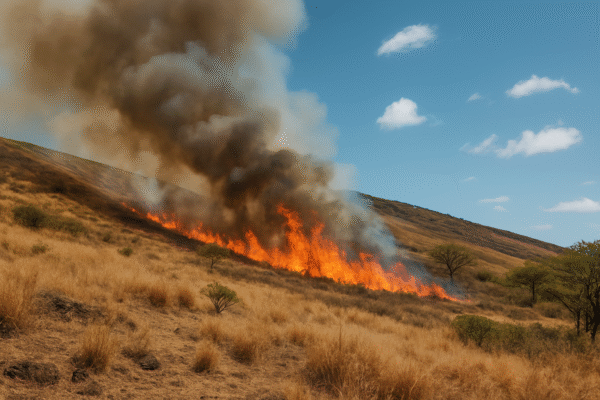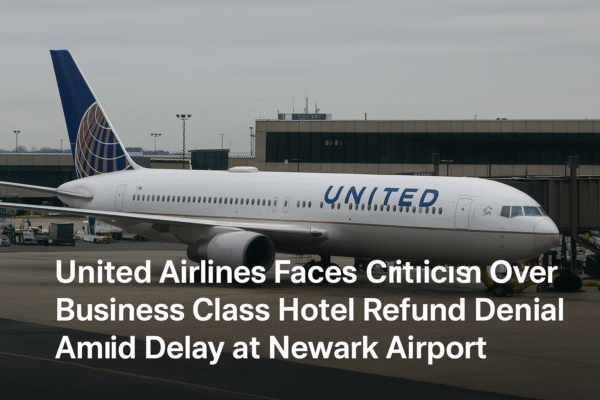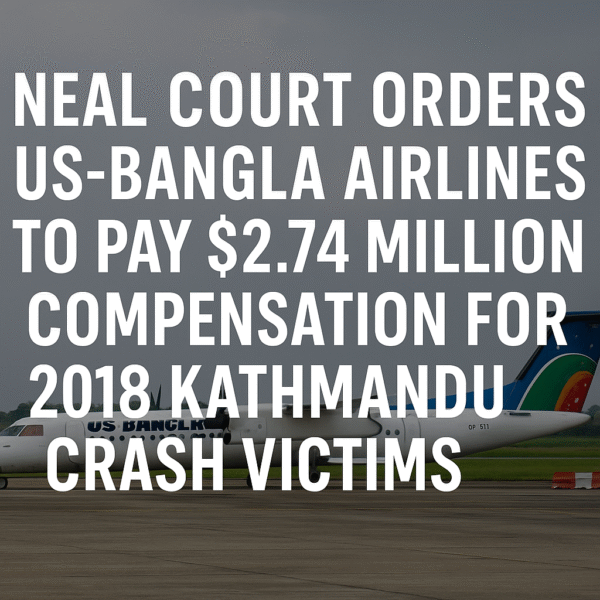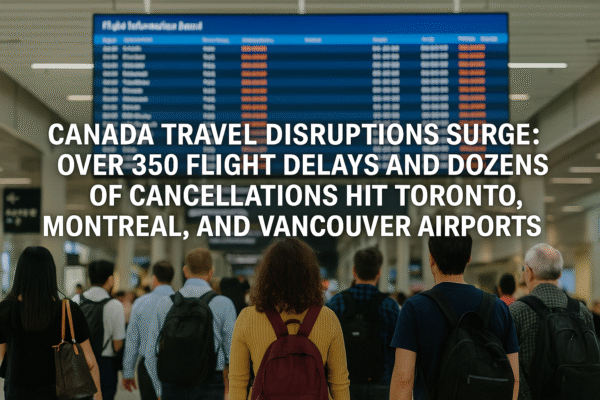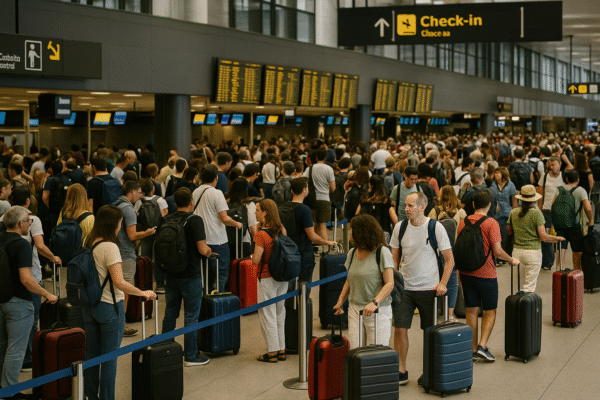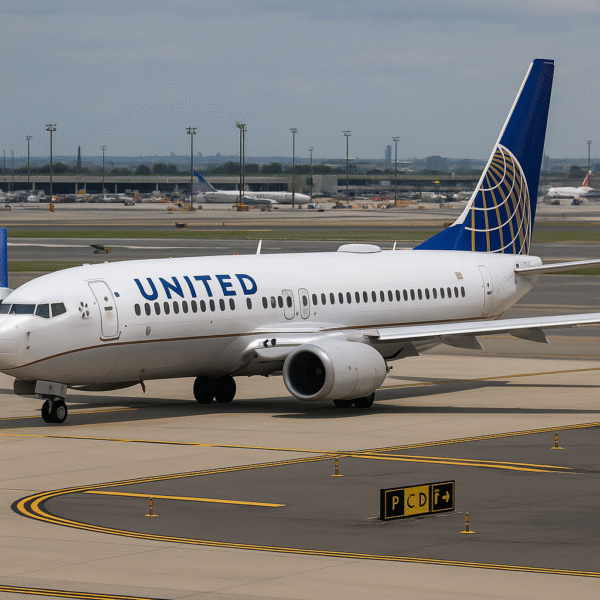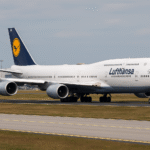United Airlines Cuts 35 Daily Newark Flights Amid National Air Traffic Controller Shortage
United Airlines has announced it will cut 35 daily flights from Newark Liberty International Airport beginning this weekend, a significant operational change driven by a worsening nationwide shortage of air traffic controllers. The decision comes amid a wave of summer travel disruptions across the United States, spotlighting long-standing systemic issues within the Federal Aviation Administration (FAA).
Newark Liberty, a major hub for United Airlines, has faced unprecedented delays in recent weeks. On Saturday, the airport experienced average arrival delays of up to two hours, with departures delayed around 45 minutes. The immediate cause? A critical staffing shortage at FAA air traffic control facilities, compounded by failing legacy technology systems.
United Airlines CEO Scott Kirby cited repeated failures in air traffic control technology and an alarming reduction in FAA staff at Newark. “We’ve seen multiple days of flight disruption because the control systems simply couldn’t keep up,” Kirby said. “We had no choice but to temporarily reduce our schedule for safety and reliability.”
FAA Staffing Crisis Reaches Breaking Point
According to FAA statistics, the agency is operating with over 3,000 fewer certified air traffic controllers than needed to manage U.S. skies safely and efficiently. Newark’s terminal radar approach control (TRACON) facility has seen over 20% of its workforce call out or leave in recent weeks, paralyzing operations at one of the East Coast’s busiest airports.
The shortage stems from a combination of budgetary constraints, retirements, and a training backlog worsened by the COVID-19 pandemic. Although recent federal hiring initiatives aimed to boost the workforce, the pace of onboarding new controllers has not kept up with growing travel demand.
In its 2025 Airspace Efficiency Report, the FAA acknowledged that critical facilities like Newark and Atlanta were “vulnerable to operational gridlock due to staff attrition and outdated surveillance systems.”
United Airlines’ Strategic Retreat
United, which serves over 150 destinations from Newark, including 76 domestic and 81 international routes, emphasized the decision to cut flights was not taken lightly. “Reducing 35 daily departures at one of our primary hubs will affect thousands of travelers,” said a company spokesperson. “But maintaining safety and minimizing delays for remaining flights is our top priority.”
The airline has not yet released a full list of affected flights but advises passengers to regularly check their booking status and be prepared for schedule adjustments throughout August.
Travelers with flights through Newark are being offered flexible rebooking options and waivers on change fees. Passengers with time-sensitive travel should consider adjusting departure times or flying from nearby airports like JFK or LaGuardia.
Industry-Wide Impacts and Systemic Issues
The decision underscores broader challenges for the U.S. airline industry as it heads into peak summer season. Travelers nationwide are facing mounting delays, with over 19,000 flights canceled or delayed nationwide in the past 30 days due to FAA staffing shortfalls, according to FlightAware.
The National Air Traffic Controllers Association (NATCA), the union representing FAA workers, has urged Congress to pass a bipartisan air traffic control modernization package that includes funding for new radar systems, automation upgrades, and controller training pipelines. NATCA President Rich Santa emphasized that “without investment in people and technology, we’re setting the aviation system up to fail.”
The FAA recently launched the NextGen Modernization Initiative, aimed at replacing aging radar and communication systems with satellite-based surveillance and digital communication. However, full implementation is expected to take until 2030.
What Travelers Should Do Now
With summer travel disruptions likely to persist into September, travelers using Newark Liberty or other major airports should prepare in advance:
- Monitor Flights Closely: Use airline apps or FAA flight tracking tools to stay updated on real-time delays and cancellations.
- Travel Off-Peak: Depart early in the morning or late at night when airport congestion is lower.
- Know Your Rights: The U.S. Department of Transportation mandates compensation for certain delays and cancellations. Learn your entitlements at transportation.gov/airconsumer.
- Explore Alternatives: Consider flying into or out of nearby airports or using regional train routes such as Amtrak’s Northeast Corridor to avoid the worst disruptions.
Looking Ahead
As the U.S. aviation system continues to strain under staffing and infrastructure deficits, pressure is mounting on the federal government to act. In June 2025, the Biden administration proposed a $3.5 billion aviation modernization package under the FAA Reauthorization Act, with bipartisan support. But until those reforms reach implementation, the gap between air travel demand and system capability is expected to widen.
For now, United Airlines’ cuts at Newark are a stark reminder that even legacy carriers must make painful decisions amid systemic uncertainty. The message for travelers? Plan with flexibility, anticipate disruptions, and stay informed as America’s airspace faces one of its toughest summers yet.
For more travel news like this, keep reading Global Travel Wire






